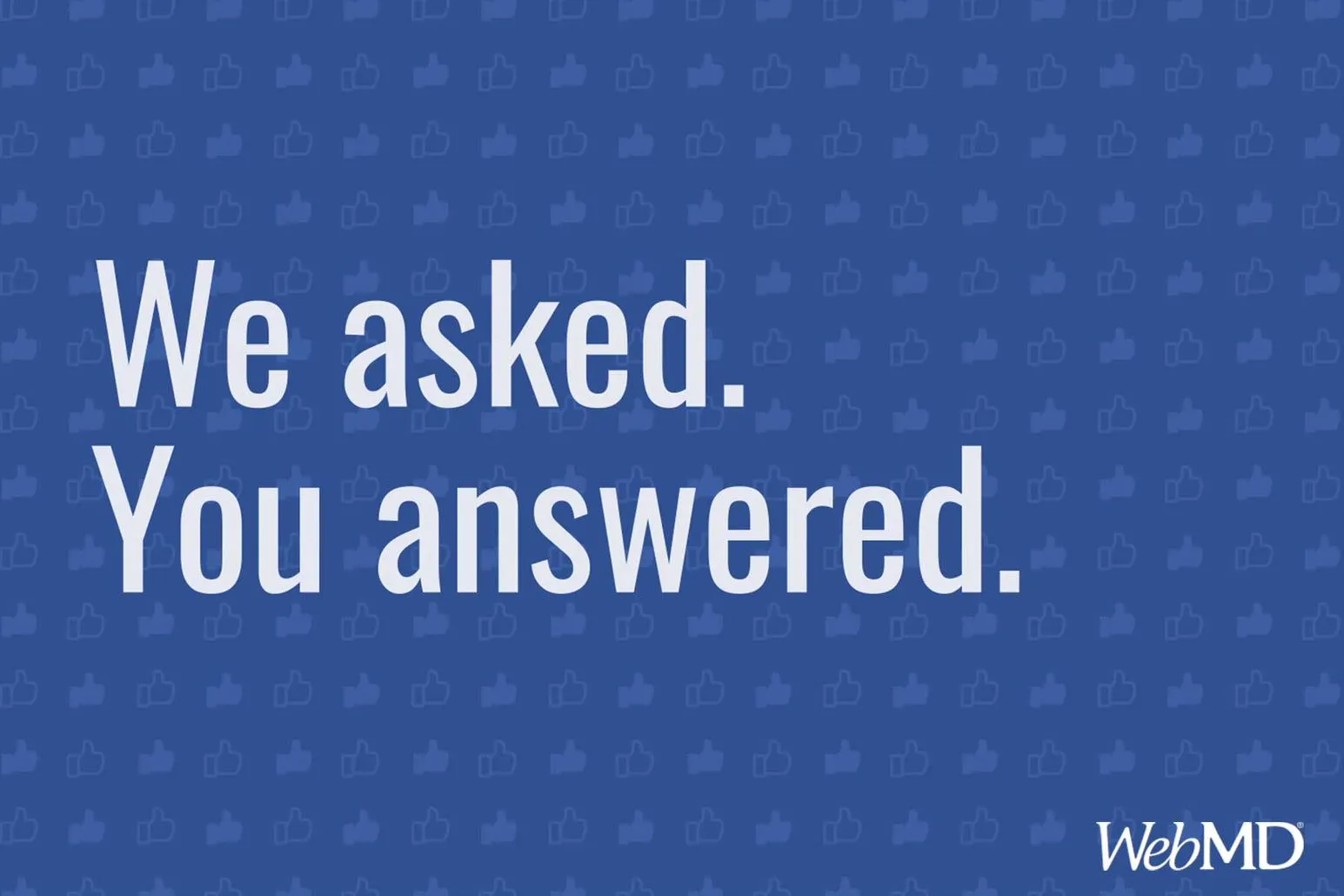March 15, 2023 — Last year, on the second anniversary of the COVID-19 pandemic, we asked our audience questions about their pandemic experiences. A year later – and 3 years into living with COVID – we followed up with some more.
In total, our poll received 696 responses. Nearly 66% of those who answered identified as female, and 76% reported that they are older than 45. The confidence level used for editorial polls is 95%.
The fall of 2022 started out with President Joe Biden claiming that “the pandemic is over” on CBS’s 60 Minutes. Since then, he has ordered an end to the COVID-19 emergency orders issued in 2020, causing people to wonder if this really might be the beginning of the end of the pandemic.
In 2022, WebMD readers, for the most part (84%) did not see an end in sight. But a year later, attitudes seem to be shifting. Our current poll found that nearly a third – 30% – of our audience thinks the pandemic has come to an end. However, 42% of men said the pandemic is over, compared to just 25% of women.
The data, however, says differently. While daily life may have returned to its normal pace and we’re no longer in the midst of a state of emergency, many experts agree that we shouldn’t let our guard down. New cases and the number of deaths per week have indeed leveled off since January 2022, but data shows that there are still thousands of new cases reported daily. And given the evolution of the virus’s many variants, doctors and public health officials continue to urge caution.
The availability of vaccines and boosters is a big part of why we all feel more comfortable doing the everyday tasks that we may have taken for granted during the pandemic’s first couple of years. How many people, though, are actually protected against the virus? According to our poll, 7 in 10 respondents have been fully vaccinated against COVID-19; nearly 6 in 10 of those fully vaccinated have received at least two boosters (57%).
However, these numbers don’t totally reflect the reality of vaccine and booster uptake in the U.S. According to CDC data, Americans on the whole – quite similar to our findings – have completed their initial vaccination series at a rate of nearly 70%. But of those who have gotten fully vaccinated, only a little more than 23% have gotten at least one dose of the bivalent booster.
Sixty percent of respondents to our poll said that they have had COVID-19 at least once, which is notable when compared to an exhaustive nationwide survey that found that about half of Americans have had COVID. Within that study, however, researchers said there is a large chunk of positive at-home tests that have gone unreported.
Whether you had COVID-19 or not, the pandemic has undoubtedly changed the way we see and interact with the world around us. Last year, an overwhelming 88% of respondents agreed on this; this year, about half of our readers agreed with this statement – possibly indicating a growing acceptance of the changes happening around us.






